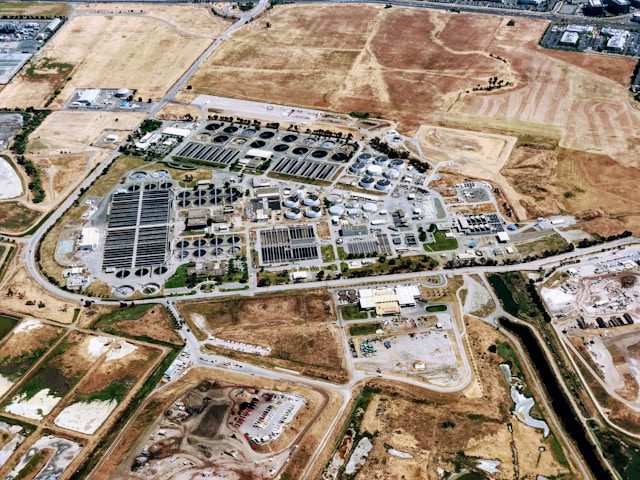Each wastewater lift station in Indiana plays a significant role in transporting wastewater. Understanding their importance is necessary to ensure efficient sewage management and preserve the ecosystem for current and future generations.
Management of Elevation Differences
Wastewater lift stations are pivotal in overcoming elevation challenges in the transportation of wastewater. Indiana’s diverse landscape often presents varying elevation levels, making it imperative to have lift stations that can efficiently pump wastewater to higher areas for treatment and disposal.
Optimization of Wastewater Flow
Strategically placing wastewater lift stations at key points allows wastewater to be transported more efficiently. You maintain a consistent and uninterrupted flow and prevent backups and overflows.
Public Health and Safety
Wastewater lift stations promptly and effectively remove wastewater from residential, commercial, and industrial areas. They prevent stagnant water buildup and ensure the continuous flow of sewage to treatment facilities. This reduces the risk of contamination, odors, and the spread of waterborne diseases.
Legal Compliance
There are wastewater management laws to protect public health and the environment. Wastewater lift stations are essential for complying with strict regulations and avoiding legal problems.
Maintenance and Cleaning
There’s no doubt that wastewater lift stations are essential for proper waste management. That’s why they must be kept clean and in optimal condition. You can hire lift station cleaning companies to remove debris and sediment that may cause blockages and use drop boxes to prevent the buildup of heavy solids and grease.

